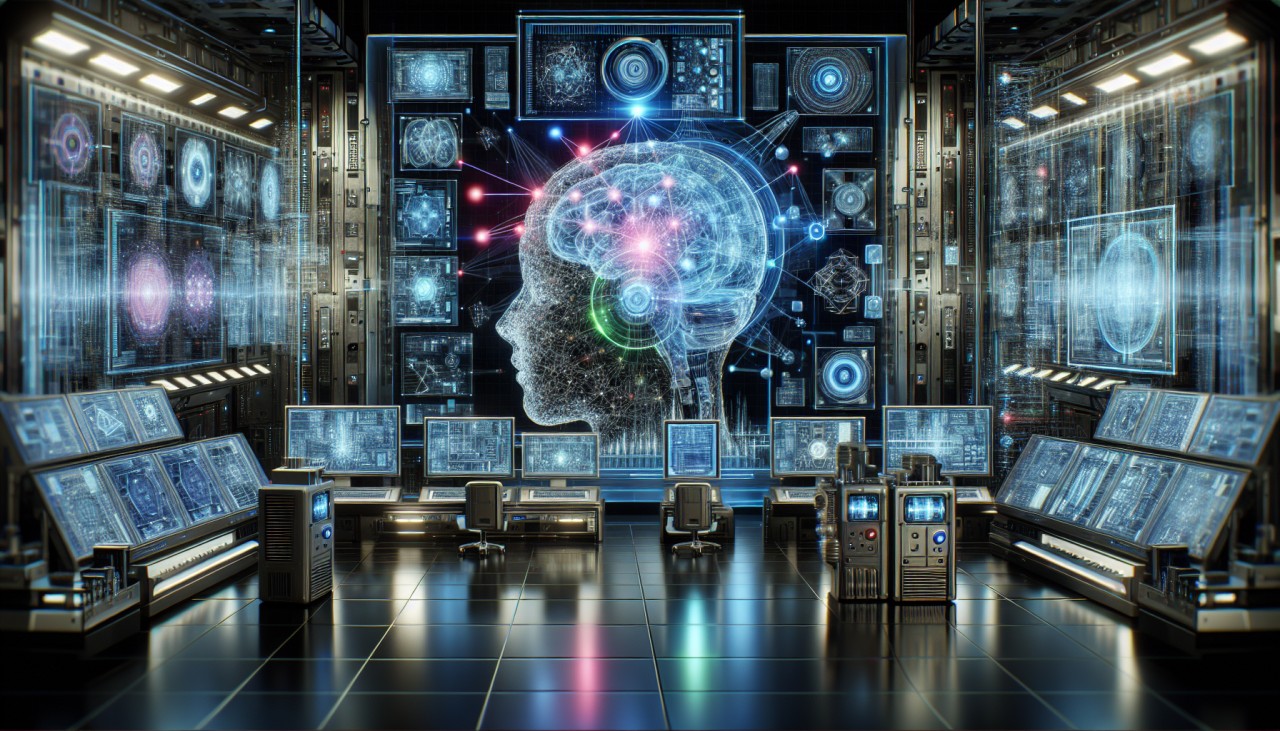Artificial intelligence (AI) is increasingly becoming a pivotal tool in scientific research, transforming how discoveries are made across various disciplines. Researchers are leveraging AI to simulate complex biological systems, predict material properties, and even design novel proteins. For instance, scientists at EvolutionaryScale and the Arc Institute developed esmGFP, an artificial green fluorescent protein, by training the AI model ESM3 on a dataset of 770 billion protein sequences. This AI-driven approach led to the creation of a protein that does not exist in nature, demonstrating AI's potential in protein engineering. en.wikipedia.org
Moreover, AI is streamlining the scientific process by automating tasks such as data analysis, hypothesis generation, and even writing research papers. The AI Scientist-v2, for example, is an end-to-end system capable of autonomously formulating hypotheses, designing and executing experiments, analyzing data, and authoring scientific manuscripts. In a notable achievement, one of its fully AI-generated papers was accepted for a peer-reviewed workshop, highlighting the growing capability of AI in conducting comprehensive scientific research. arxiv.org
Key Takeaways
- AI accelerates scientific discoveries by simulating complex systems and predicting material properties.
- AI models like ESM3 have created novel proteins not found in nature.
- AI systems such as the AI Scientist-v2 can autonomously conduct research and author papers.
- AI-generated research papers are increasingly being accepted in peer-reviewed journals.
- The integration of AI in science enhances efficiency and opens new avenues for discovery.
